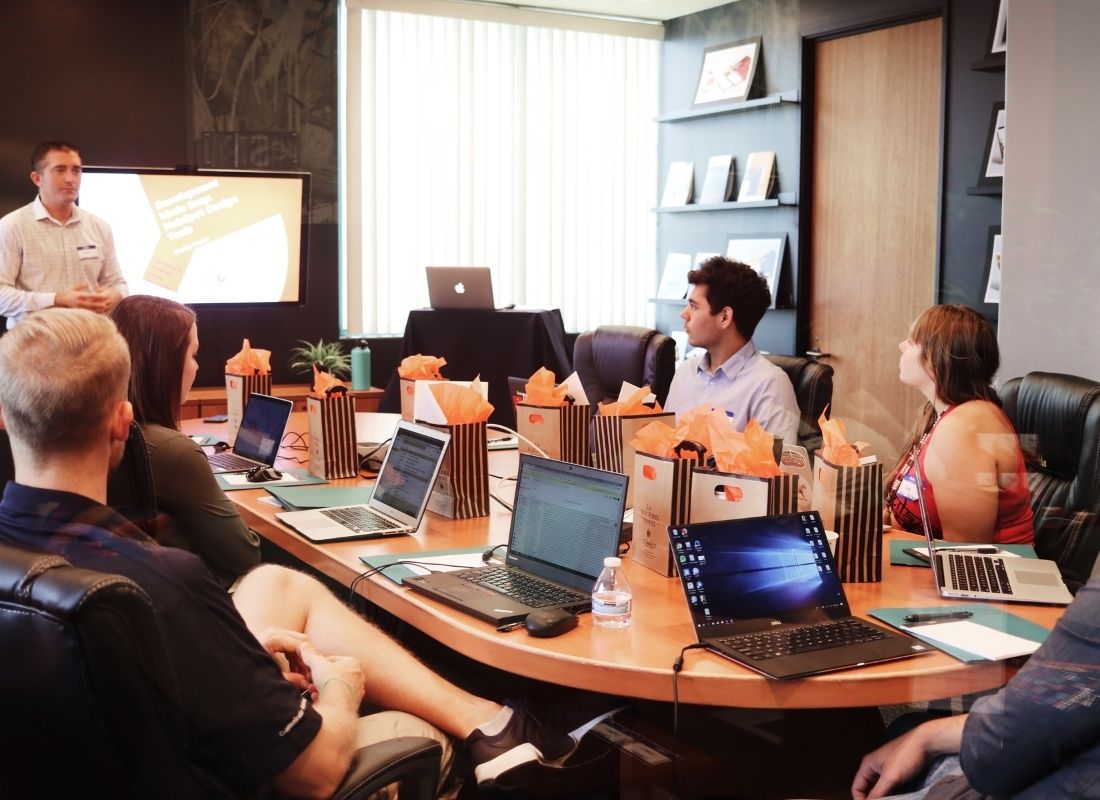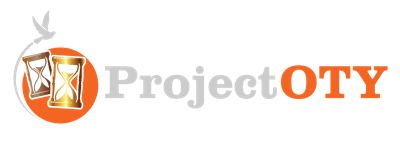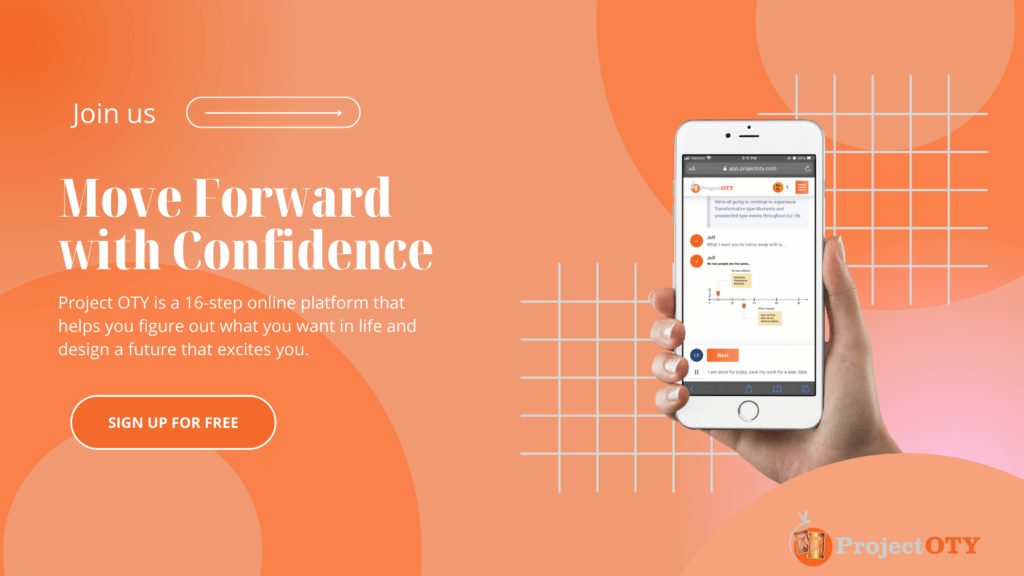You’re on the Zoom call for your job interview, and your potential new boss asks the fateful question.
“What strengths would you say you bring to the table?”
What do you say to put your best foot forward?
This common interview question stumps many for a number of reasons.
- You want to share your strengths, but you worry about sounding arrogant.
- You don’t want to over-promise what you can do.
- You want to say what your future boss would want to hear, but maybe is not a natural skill for you.
- You want to share your strengths, but wonder if they are “good enough” for the role.
- You gave an answer, but wonder if you went in-depth enough for them to know and remember you.
Does any of the above sound familiar?
If so, you’re not alone.
It’s a challenge for many to have an answer that best markets you to your future employer.
In answering this question, this is your chance to sell your skills and strengths in a way that makes you stand out from the crowd.
By answering, you ideally want to show that you are most fit for this role and have the work ethic to help your future team succeed.
Our Project OTY team members have collectively conducted over 12,000 interviews for new hires. This question is common, so below we share a few tips to help you ace this question with zero stress involved.
Related: How to Skyrocket Your Confidence in the Workplace
If you’re aiming to build your confidence and leadership skills at work, Project OTY is the virtual leadership coach you can keep in your back pocket. Check out the game-changing app experience with a free trial!
How to Answer “What Strengths Do You Bring to This Role”
Discover and highlight your strengths to stand out from the crowd. In answering the above question, you have the opportunity to make yourself stand out.
This doesn’t mean you have to be a world-class juggler or speak Klingon. (Though, we find those to be cool skills too.)
This means having a firm understanding of your Unique Strengths and being able to showcase them in real-world terms.
First, what are your Unique Strengths?
In the Project OTY framework, we guide individuals through a specialized exercise to learn their Unique Strengths, which we make available in the free trial of our platform.
What would your previous boss, family member, or your best friend say about what you do well?
Make a list of the strengths that you feel others would say when asked about you. Additionally, consider past achievements or recognition you’ve received.
If you need some guidance on how to explain your strengths, here’s an entire dictionary of personal and professional skills at your disposal.
From there, use the STAR framework to connect your strengths to specific life events. Tie your skills to what you’ve actually done in a specific instance.
STAR stands for the following:
Situation: Describe a scenario where you faced a challenge, problem, or task.
Task: Explain what your role looked like in that situation. Were you a volunteer, manager, caregiver, etc?
Action: What did you do in the situation? What strengths did you apply in doing so?
Result: What occurred as a result of your acting and applying your strengths?
Using this framework helps your answer stay to the point and makes it stand out.
Connect your strengths to the role and current company efforts.
You can set yourself up to ace this question by reviewing the job application.
Read through the job skills and tasks thoroughly. As you do so, make a list of keywords that catch your attention and that you can speak to and draw connections to your skills.
You can also brush up on content or platforms the company manages, as they might relate to your department or job.
If you are a content writer, you might speak to recent or popular blog posts from the company and propose future topics.
If you were looking into an event coordinator role, it benefits you to look into company press and community outreach in order to share ways you can organize events in line with current initiatives.
Connect the company goals to your strengths and goals.
We speak from experience from the Project OTY team standpoint and for companies across industries:
Companies want to hire people who can walk alongside them for the long term.

If your goals are vastly different from the goals of the company you’re working for, that raises some yellow flags.
Prepare in advance and look up the company vision, mission, and values. Ask yourself how you can tie your goals to the vision of the company. How do their goals fit in line with your work style and life?
Answer the strengths question to convey what you can do well – and how you being strong in this regard helps the company reach its goals.
In this, you can best communicate your hiring as being a win-win relationship.
Keep it short and sweet.
Make your answer as concise as possible.
Droning on about your strengths and skills brings you closer to the point of sounding arrogant, or giving too many details for the interviewer to follow and remember.
Focus on the necessary details to keep your answer both short and memorable.
Keep transferable skills in mind.
Maybe you’ve reached this point, and your thought is:
“What if I don’t have any specific skills for this role?”
What if I feel like I’m overstretching or overpromising and I don’t know the software, job task, etc.?
We say – don’t put extra pressure on yourself.
Instead, focus on highlighting transferrable skills. These types of skills are in-demand strengths that are heavily required, no matter the industry or job role.
If you’re pivoting in the current job market, making a big career leap, or just getting your foot in the door – transferable skills are key for you to highlight.
You can dive into a more complete list of transferable skills here.
Take every advantage to sell yourself.
While interviews all too often ask about your strengths and what you lend to the team, they may choose a different way to word the question.
Other questions to anticipate include:
- What can you bring to this company/role?
- What qualities can you bring to this job?
- Why should we hire you?
- Why should I hire you over someone else?
- What makes you a great fit for this role?
Answering any of these questions and selling your strengths, are you selling the strongest version of yourself?
Allow your future employer to see those aspects of you shine through.
Knowing your unique strengths is one of the most important early lessons as a budding or developing leader. By understanding your strengths, you open yourself to a better understanding.
When you know your strengths, you know how to best achieve your goals, partner and work with others, and surround yourself with people that help you with their unique strengths.
If you are interested in diving deeper into your skill sets and learning more skills to apply to the workplace, we think you might want to check out the following articles:
Key Traits of Successful Leaders
How to Become More Confident in the Workplace
If you found yourself interested in doing a deeper dive into your unique strengths, we encourage you to check out the groundbreaking Project OTY app.
We’ve helped thousands of individuals embrace their unique strengths in every role to achieve more than they ever thought possible.


